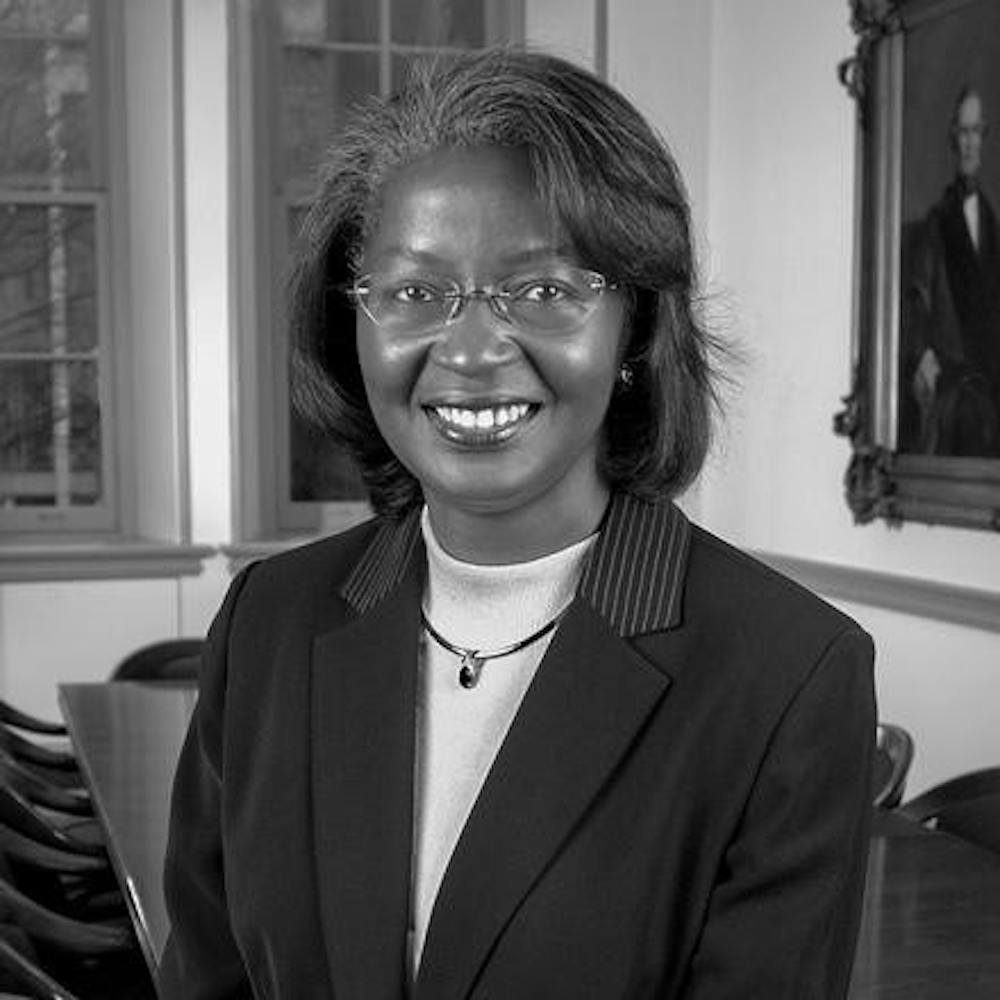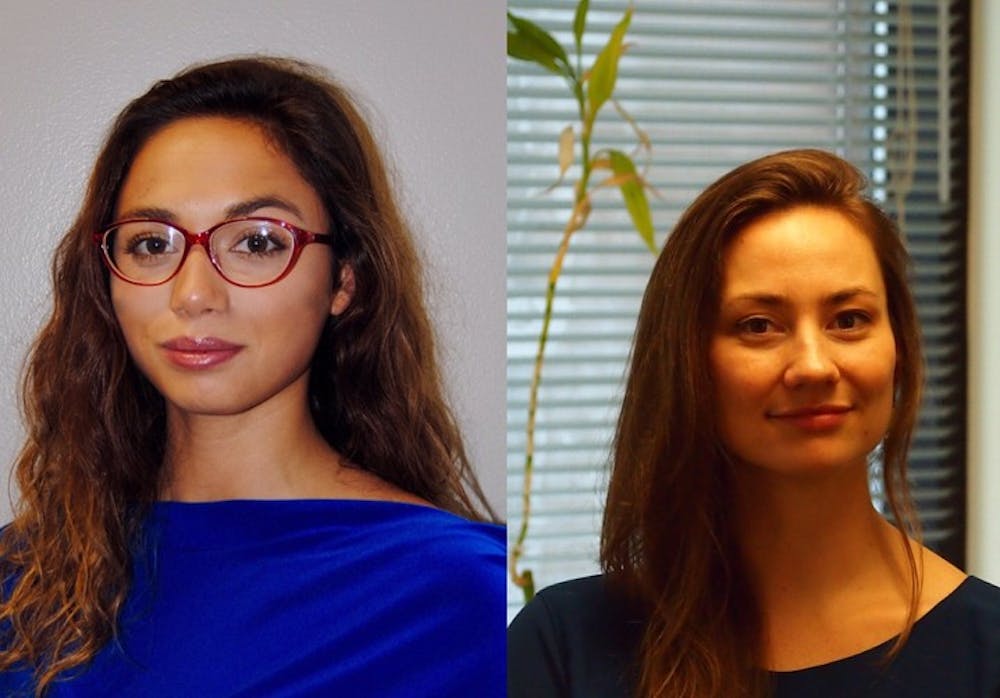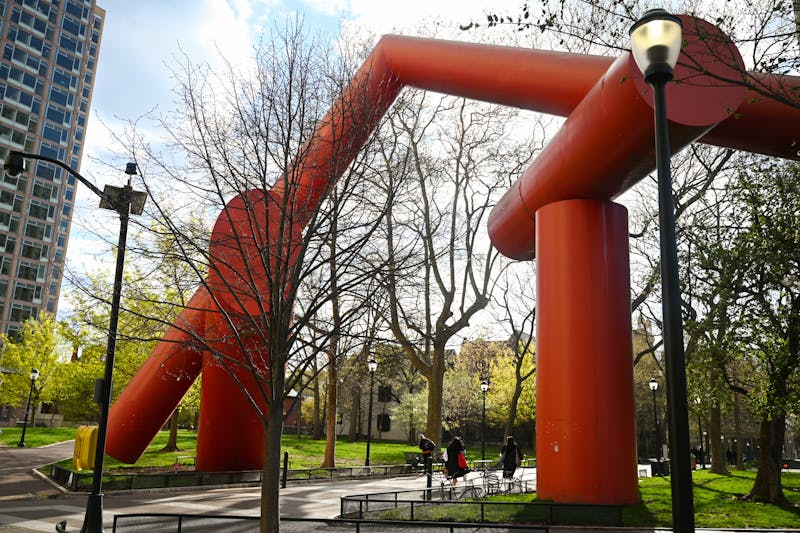
Seven months after graduate students in the Graduate and Professional Student Assembly made a proposal for Penn to introduce a centralized diversity office, the nature of the centralization remains disputed between the administration and GAPSA.
In late February, GAPSA passed a resolution to “establish a Central Diversity Office.” Led largely by the work of the Inclusion, Diversity, Equity, Access, and Leadership Committee, the resolution called for the creation of an office which would provide centralized support to all Penn students, no matter their home school. It also requested a full-time staff for the office.
Then-GAPSA president and 2017 master's graduate Gaurav Shukla said, at the time, that he envisioned the office as a physical space where students could receive the support they need.
But in an interview with The Daily Pennsylvanian, Penn's Senior Vice President for Institutional Affairs and Chief Diversity Officer Joann Mitchell said she interpreted the proposal to centralize resources differently.
“It’s not an office,” Mitchell said. “We said we would create a centralized chief diversity officer, and that’s what we did.”
Mitchell referenced Penn President Amy Gutmann's announcement in March this year, which appointed Mitchell to the role of "Senior Vice President for Institutional Affairs and Chief Diversity Officer."

Student organizations such as IDEAL and 5B — a group of five undergraduate coalition groups representing different minority communities — advocated for Penn to create the role of the "chief diversity officer," Mitchell said.
“Because Penn is highly decentralized, there are a number of offices already in existence that work on issues related to diversity for students, faculty, staff,” Mitchell said. “This role is basically making real and visible a function that I had been carrying out for quite some time … me as a senior advisor trying to coordinate, collaborate with individuals who [are] working on diversity.”
Mitchell said there are currently no plans to establish a physical centralized diversity office. Instead, her plan for this semester is to speak with different student groups to become more knowledgeable about the diversity support that students and staff need.
But students are still looking for the formation of this office.
IDEAL Deputy Chair and linguistics Ph.D. student Betsy Sneller said IDEAL’s main objective for this semester is to continue working towards “centralized diversity resources and initiatives, including a centralized diversity office.”
Sneller also said that IDEAL envisions the office to be “a physical space where students, faculty can come together, hold events, but also … a space where workshops are held,” adding that she imagines the office would conduct campus-wide climate surveys, which would support recruitment and retention of underrepresented minorities. The office should also work with Counseling and Psychological Services to provide resources for minority students.
IDEAL Chair and sociology Ph.D. candidate Haley Pilgrim emphasized the importance of staffing the office with full-time employees who have a background in supporting diversity-related issues.

Photo from Haley Pilgrim and Betsy Sneller
“Right now a lot of the labor is put on students,” Pilgrim said. “We would hope that this is a centralized diversity office staffed with capable workers who are knowledgeable about issues about diversity and have time to devote to it.”
Pilgrim added that IDEAL is working toward engaging IDEAL representatives and administrators in a discussion on the details of the centralized diversity office.
“Part of the purpose of a focus group is that together with [the] administration, we can align our visions and end goals,” Sneller said. “Penn has historically been a decentralized place – so each school is responsible for its own students – so part of the process is to work out with administration exactly what our end vision is.”
GAPSA president and graduate student in both the School of Design and School of Arts and Sciences Miles Owen confirmed that “IDEAL’s stance [on the need for a centralized diversity office] is GAPSA’s stance.” Owen said that GAPSA appreciates the initial work administrators have done regarding the office but is “advocating for the full realization.”
“The idea of the physical office space – [though] we definitely support that – is not the most important part of the centralized diversity office.” Owen added.
He said that the most important part is creating "a single full-time voice" instead of adding on these responsibilities to the role of an existing administrator.
Sneller said that IDEAL representatives and Owen had a meeting with Mitchell, Vice Provost for Education Beth Winkelstein, Executive Director for Graduate Education and Initiatives Anita Mastroieni and Provost Wendell Pritchett to discuss the centralized diversity office on Oct. 3. Owen said that the meeting did not include a discussion of creating a physical space.
The Daily Pennsylvanian is an independent, student-run newspaper. Please consider making a donation to support the coverage that shapes the University. Your generosity ensures a future of strong journalism at Penn.
Donate







